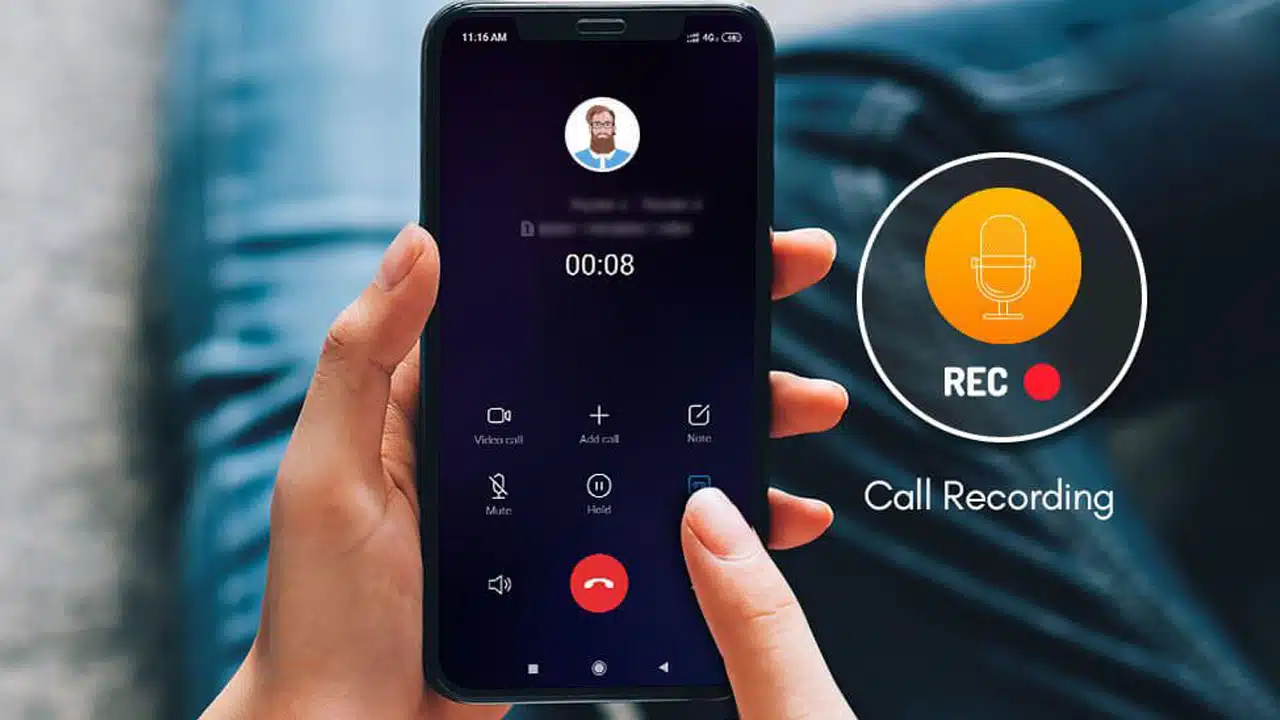Recording phone calls It has become an increasingly common practice, both personally and professionally.
With the popularization of smartphones and the growing need to record important conversations, the demand for specific applications for this purpose has increased significantly.
In this article, we will explore the usefulness of these applications, their main functionalities, the legal implications involved, and present some of the mainapps to record calls available on the market.
Usefulness of Call Recording Apps

Source: Google images
For personal use
- Memory and Reference: During telephone conversations, a lot of important information is shared that can be easily forgotten. Call recording allows this information to be reviewed later as needed.
- Personal Security: In situations of harassment or threats, call recordings can serve as crucial evidence for legal action.
In the Professional Scope
- Customer Service Quality: Companies use call recordings to monitor and improve the quality of customer service, ensuring that interactions are in line with company standards.
- Training and development: Call recordings can be used to train new employees by providing real examples of customer interactions.
- Evidence and Documentation: In business transactions and negotiations, having a clear record of discussions can prevent future disputes.
SEE LIST OF THE BEST APPS TO RECORD FREE CALLS
Main Features of Call Recording Apps
Call recording apps often offer a variety of features to meet different needs. Some of the main ones include:
- Automatic Recording: Many apps allow you to set up automatic recording of all calls, eliminating the need to manually start recording each conversation.
- Cloud Storage: To facilitate access and security of recordings, many applications offer integration with cloud storage services.
- Labeling and Organization: Some applications offer the option of adding tags or notes to recordings, making it easier to organize and search later.
- Recording Sharing: The ability to share recordings via email, message or other applications is a useful feature for distributing important information.
Legal Implications
Recording phone calls can have legal implications that vary by jurisdiction. In many countries, it is required that both parties involved in the conversation are aware of and consent to the recording. It is essential to be aware of local laws to avoid legal problems.
Examples of Legislation
- Brazil: In Brazil, call recording is permitted, as long as one of the parties involved in the conversation is aware of the recording. It is not necessary to inform the other party, but disclosure of the content may be limited.
- U.S: Legislation varies depending on the state. In some states, the consent of one party is sufficient (one-party consent), while in others, the consent of all parties involved (two-party consent) is required.
- European Union: Call recording must be done with the explicit consent of the parties, in accordance with the General Data Protection Regulation (GDPR).



